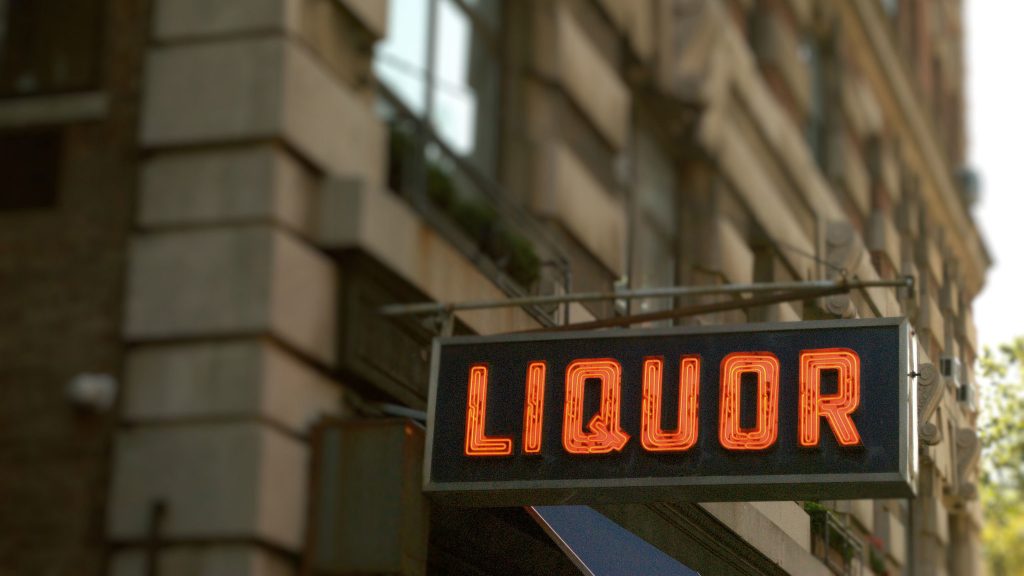Wales has seen the highest number of deaths in 2020 compared to the last 20 years due to misuse of alcohol. How has our relationship with alcohol changed during the pandemic?

Cracking open a beer became a nightly occurrence for William, signalling the end to yet another day stuck between four walls. His only escape became a daily trip to his local supermarket to get the “usual”, a large crate of cheap beer.
“Last year when the lockdown first happened, there was the heatwave,” said William, an engineering student at Cardiff University. “The Lidl next to my house advertised the alcohol really cheap. Me and my housemate at the time bought a crate each, and we just spent two days drinking through it,” he says.
With pubs, bars and non-essential shops closed for months over the last year, William and his flatmate began drinking every night simply because there was nothing to do. He remembers going three times in the space of two days and buying more alcohol to pass the time.
“The lockdown cut out all social interaction and made drinking more standard because it moved the norm of going to pubs,” he said.

William was one of millions in the UK who saw an increase in their alcohol consumption over the last year. In 2020, England and Wales experienced highest number of deaths in the last 20 year due to misuse of alcohol.
Corey Doel, a Cardiff resident also noticed how accessible alchohol felt during the pandemic. “With Covid, everyone was working from home and studying from home and staying inside four walls wasn’t the best,” he said. “Alcohol was accessible at very low prices.”
He compares the prices of alcohol in pubs and in supermarkets and says, “With the pandemic, it was so much easier to be able to get alcohol in a tighter budget as well.”
Karina Lakova, a student from Cardiff University says that alcohol consumption increased as people started losing jobs, “we all just wanted to socialise to avoid depression and anxiety.”

“Before the pandemic, we had a busy life and we looked forward to the weekend to go out and meet our friends, but the lockdown turned everyday into a weekend,” she adds.
The lockdown has even tempted the teetotallers at tasting the infamous drink. Kaushal Menon, a 21-year-old student who has never had alcohol says, “A lot of representation in pop culture of when you’re struggling or you’re not feeling too good is to have a drink.”
He says: “Over the lockdown, I’ve had the thought that I should drink, but I didn’t do it because I don’t believe in it as it’s a societal construct.”
On the other hand individuals such as Robert Jones, a 37-year-old operating theatre nurse at the Royal Gwent Hospital, felt that lockdown had the opposite effect. He says the lockdown did not have much impact on his alcohol intake as he was constantly working.
“On my days off from work, I was just resting, catching up on sleep, going for a walk, but as far as my mental health and alcohol intake is concerned, the lockdown hasn’t really affected me at all,” he says.
Although, Robert does agree that the boredom of lockdown did get to a few of his friends outside work and they turned towards alcohol for support.
Many like William saw this change in drinking habits as a short-term thing., something that they would stop when restrictions were lifted. “We consumed alcohol just so that days go by and hoped that it’ll be over one day,” he says. For others, this was the beginning of a slippery slope.
For advice and information on alcohol abuse and consumption visit Recovery Cymru
